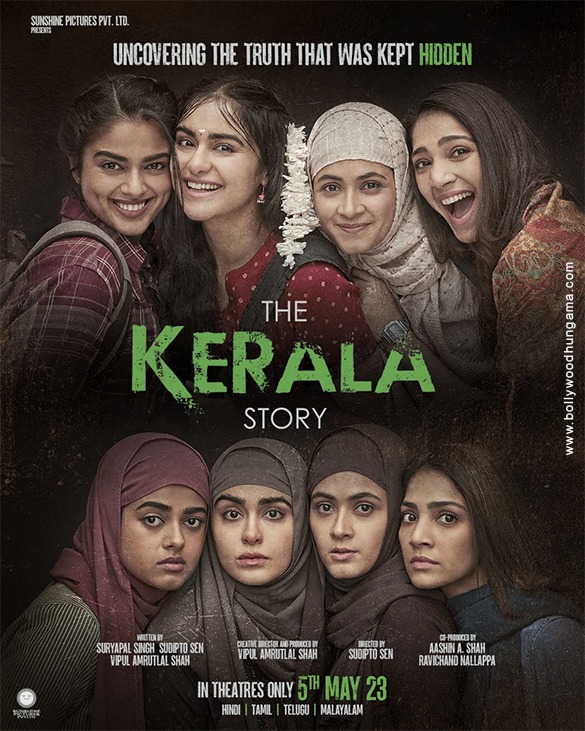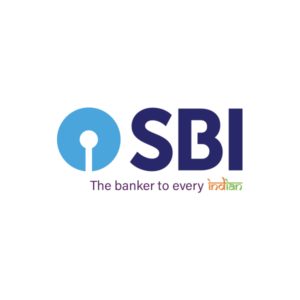Bengaluru, NFAPost: The makers of the Hindi movie, The Kerala Story, have approached the Supreme Court challenging the decision of the West Bengal government to ban the screening of the film in West Bengal and Tamil Nadu.
The film is about a group of women from Kerala who join ISIS and was released on May 5. Even before its release, the movie received criticism from various quarters. In Kerala, the ruling CPI(M) and the opposition Congress party alleged that it was a propaganda film promoting a fake narrative and the agenda of right-wing organizations.
On May 8, the West Bengal government ordered an immediate ban on the screening of the controversial film in the state to avoid “any incident of hatred and violence.”
The plea also challenged the de facto ban imposed on the movie by the state of Tamil Nadu by issuing an “alert” anticipating protests in connection with the release of the film due to which theaters in the state withdrew the film.
The petitioners challenged the constitutionality of Section 6(1) of the West Bengal Cinemas (Regulation) Act, 1954, under which the West Bengal government issued the order banning the film. They argued that the section is unconstitutional and ultra vires Part III of the Constitution of India as it confers unguided and unfettered discretion on the executive to ban the exhibition of a film that has been duly certified for public release by the competent statutory authority under the Cinematograph Act, namely CBFC.
According to the petitioners, the state cannot cite purported considerations of law and order in banning the exhibition of a film that has been duly certified for public exhibition in accordance with applicable law.
They submitted that any such ban would constitute an unreasonable restriction on the fundamental right under Article 19(1)(a) of the Constitution of India to engage in free speech. They argued that the stifling of the right to free speech of the petitioners, that too on mere apprehension of unsubstantiated considerations of law and order, cannot withstand scrutiny under the constitutional scheme.
As regards Tamil Nadu, the petitioners submitted that theatres withdrew the film because of evidently informal messaging from state authorities to film exhibitors that the government does not support the running of the film. They argued that the state of Tamil Nadu cannot achieve indirectly that which it cannot achieve directly, viz., to stifle the right of the petitioners under Article 19(1)(a) to engage in free speech by exhibiting publicly a duly certified film. Therefore, the plea also sought directions to the states to provide police protection to theatre owners and the audience for public exhibition of the film.
The plea was drawn by advocate Harshvardhan Jha and filed through advocate Yugandhara Pawar Jha. Senior Advocate Harish Salve and Advocate Ameet Naik of Naik Naik are representing the petitioners. The appeal against the order of the Kerala High Court, which had refused to stay the release of the film, is pending before the top court and will be heard on May 15, Monday.
A slew of petitions were filed before various courts in the country against the movie. The Madras High Court on May 4 rejected a public interest litigation (PIL) seeking a ban on the movie on the ground that the Kerala High Court was already hearing a similar challenge and that the petitioner had approached the court at “the last hour.” The Supreme Court also refused to interfere with the release of the film or to pass any other orders earlier.





